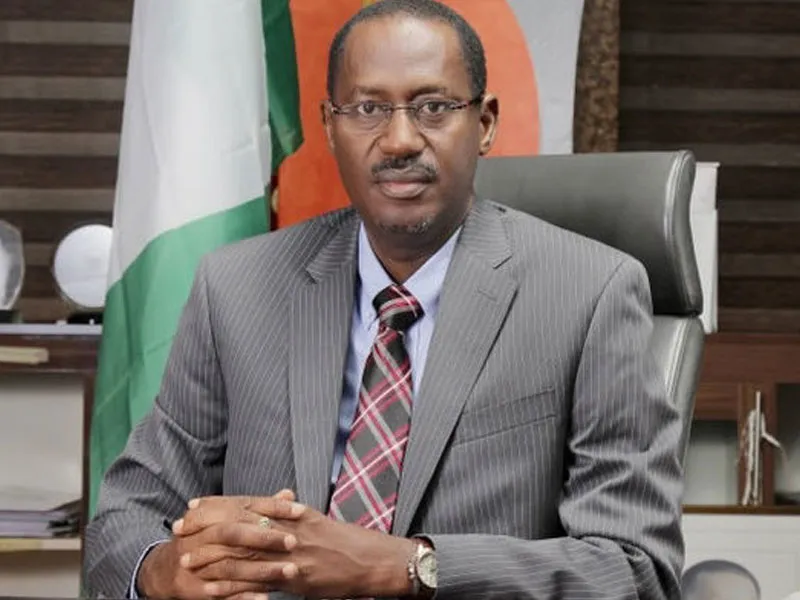
Collaborative Approach: Addressing Nigeria’s Overpriced Real Estate Sector Through Joint Efforts
Collaborative Approach: Addressing Nigeria’s Overpriced Real Estate Sector Through Joint Efforts
Abdullahi Tijjani Muhammad Gwarzo, the Minister of State for Housing and Urban Development, and Ahmed Musa Dangiwa, the Minister of Housing and Urban Development, both hold integral roles within Nigeria’s government. As junior and senior ministers respectively, their combined efforts and expertise present a unique opportunity to tackle the pressing issue of the country’s overpriced real estate sector. By leveraging their distinct strengths and working collaboratively, Gwarzo and Dangiwa can spearhead transformative change and drive comprehensive solutions for this critical challenge.
1. Synergy in Expertise: Gwarzo and Dangiwa each bring diverse skill sets and experiences to their roles. Dangiwa’s extensive track record in the housing sector and Gwarzo’s political experience and local knowledge provide a solid foundation for a collaborative approach. By blending Dangiwa’s expertise in housing development with Gwarzo’s understanding of political dynamics and community needs, the two ministers can devise well-rounded strategies that address both immediate concerns and long-term goals.
2. Comprehensive Policy Formulation: The joint efforts of Gwarzo and Dangiwa could culminate in the development of comprehensive policies that target various aspects of the real estate sector. From affordable housing initiatives to regulatory reforms, their combined perspectives can lead to a holistic approach that not only addresses overpricing but also ensures sustainable growth and equitable access for all segments of the population.
3. Leveraging Public-Private Partnerships: Dangiwa’s familiarity with public-private partnerships can align seamlessly with Gwarzo’s understanding of political dynamics. Together, they can encourage collaborations between the government and private developers to enhance housing affordability. By facilitating tax incentives and offering support to private entities interested in contributing to affordable housing projects, they can create a conducive environment for both sectors to work hand in hand.
4. Engaging Local Communities: Gwarzo’s background in local governance positions him to effectively engage with communities affected by the real estate crisis. Collaborating with Dangiwa, he can ensure that the needs and concerns of citizens are at the forefront of their strategies. This localized approach can lead to more tailored solutions that resonate with the people and contribute to social cohesion.
5. Sustainable and Inclusive Development: Dangiwa’s commitment to sustainable housing can dovetail with Gwarzo’s drive for inclusive policies. By focusing on environmentally friendly building practices, they can create a roadmap for responsible development that benefits both current and future generations. Additionally, their efforts can be directed towards ensuring that the most vulnerable segments, such as the urban poor, are not left behind in this pursuit.
6. Advocacy and Awareness: Together, Gwarzo and Dangiwa can wield their positions to raise awareness about the overpriced real estate sector. By engaging with the public through informative campaigns and dialogues, they can foster a sense of shared responsibility and garner support for their initiatives.
In essence, the collaboration between Abdullahi Tijjani Muhammad Gwarzo and Ahmed Musa Dangiwa can bring about a formidable partnership that addresses Nigeria’s overpriced real estate sector comprehensively. Their combined expertise, perspectives, and commitment to transformation uniquely position them to drive impactful change. By harnessing the power of collaboration, they can lead Nigeria towards a future characterized by affordable housing, sustainable development, and greater social equity.


